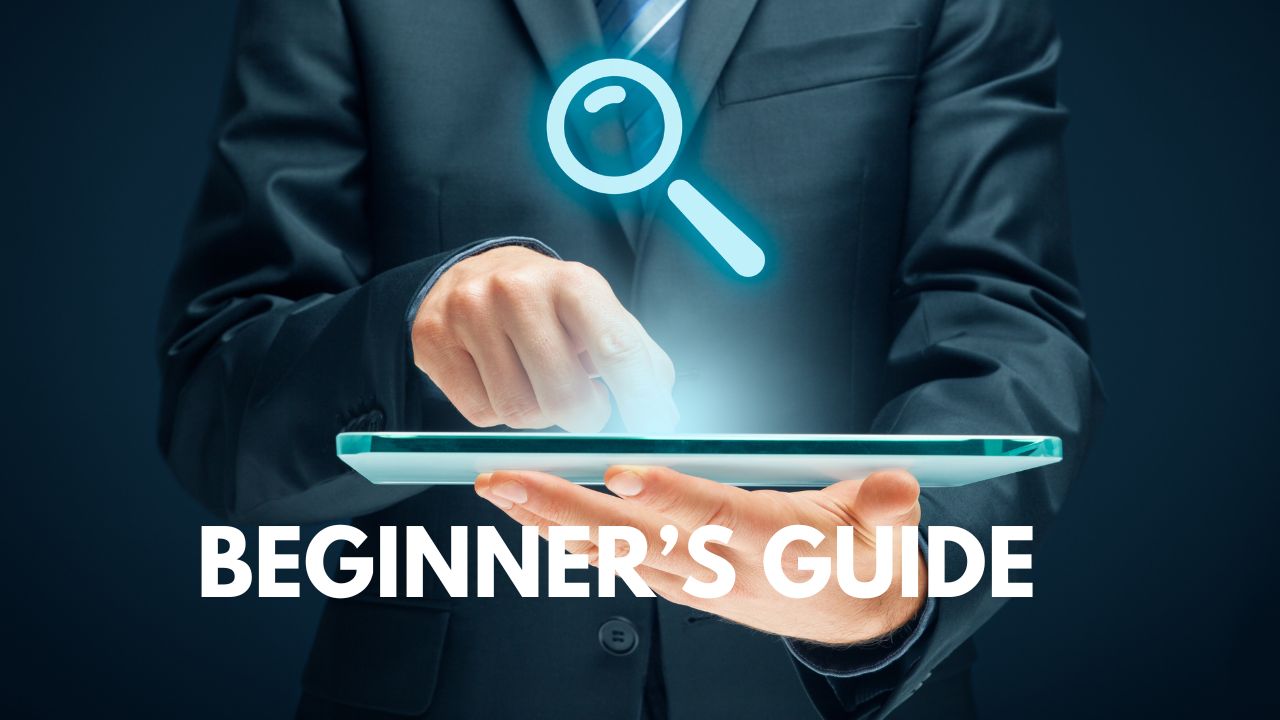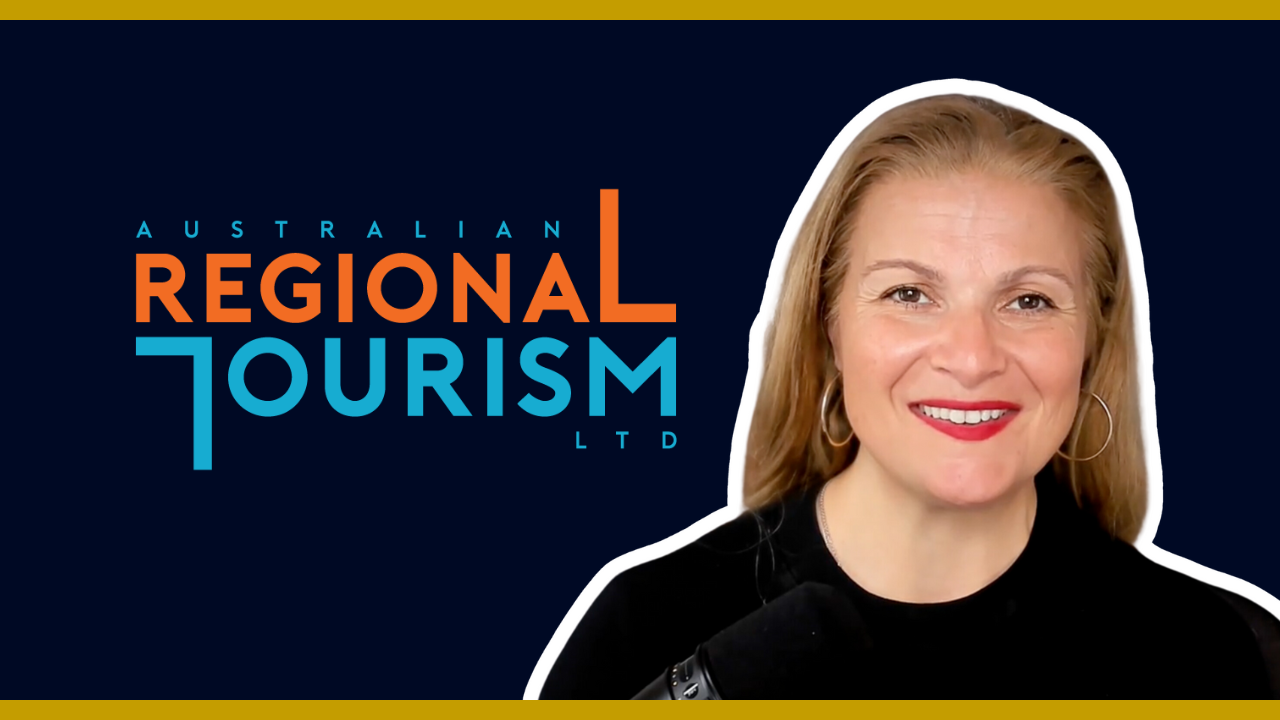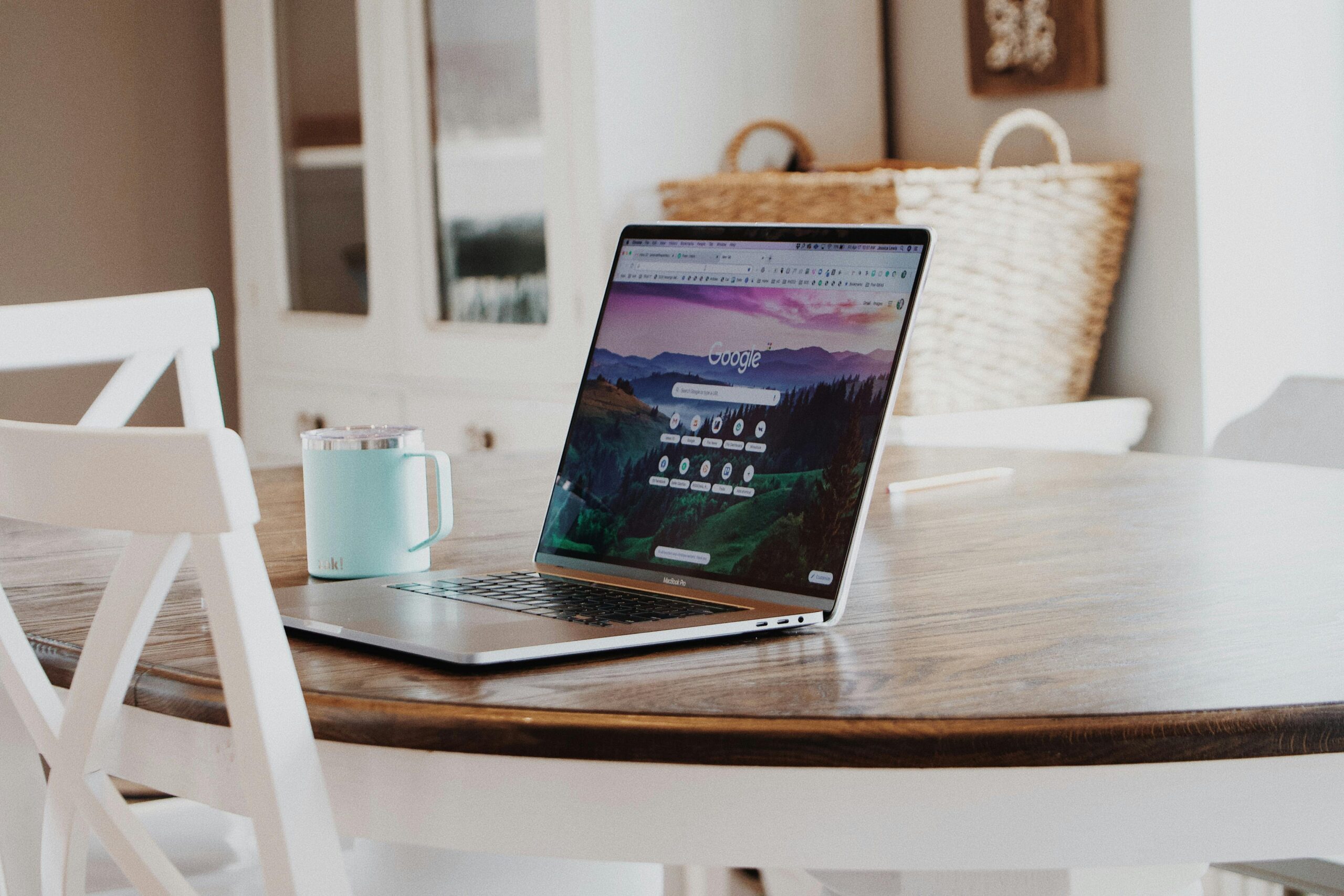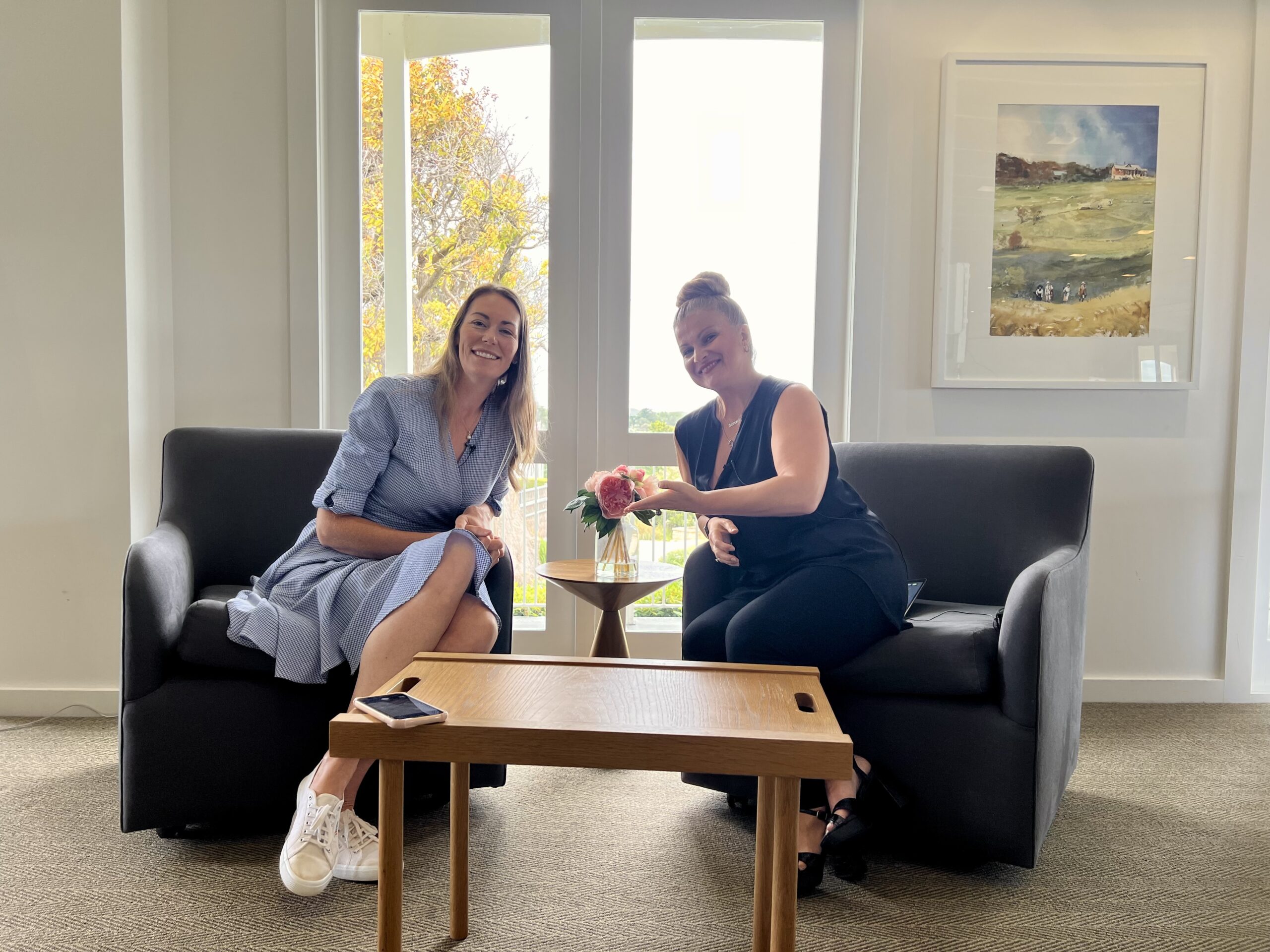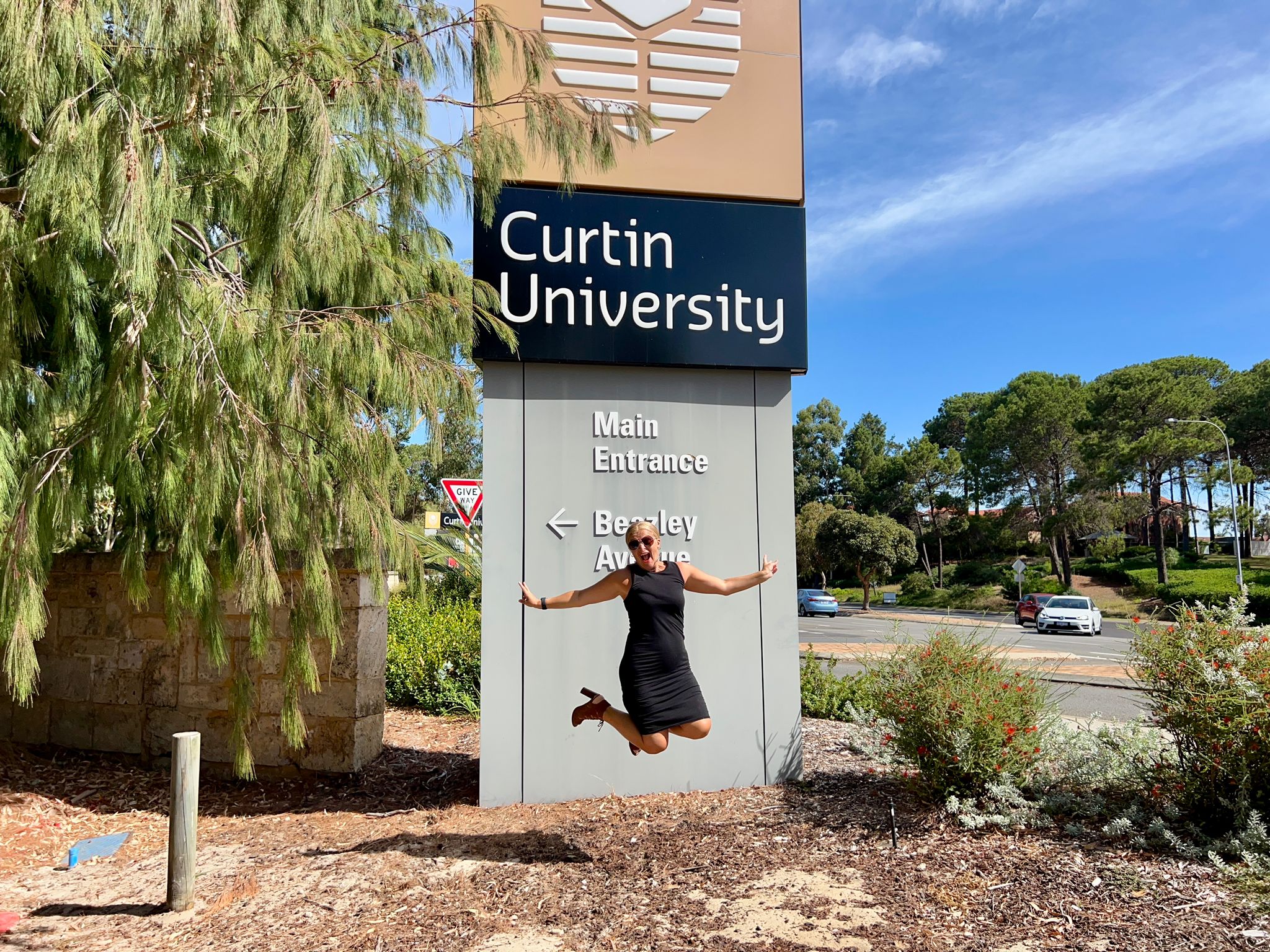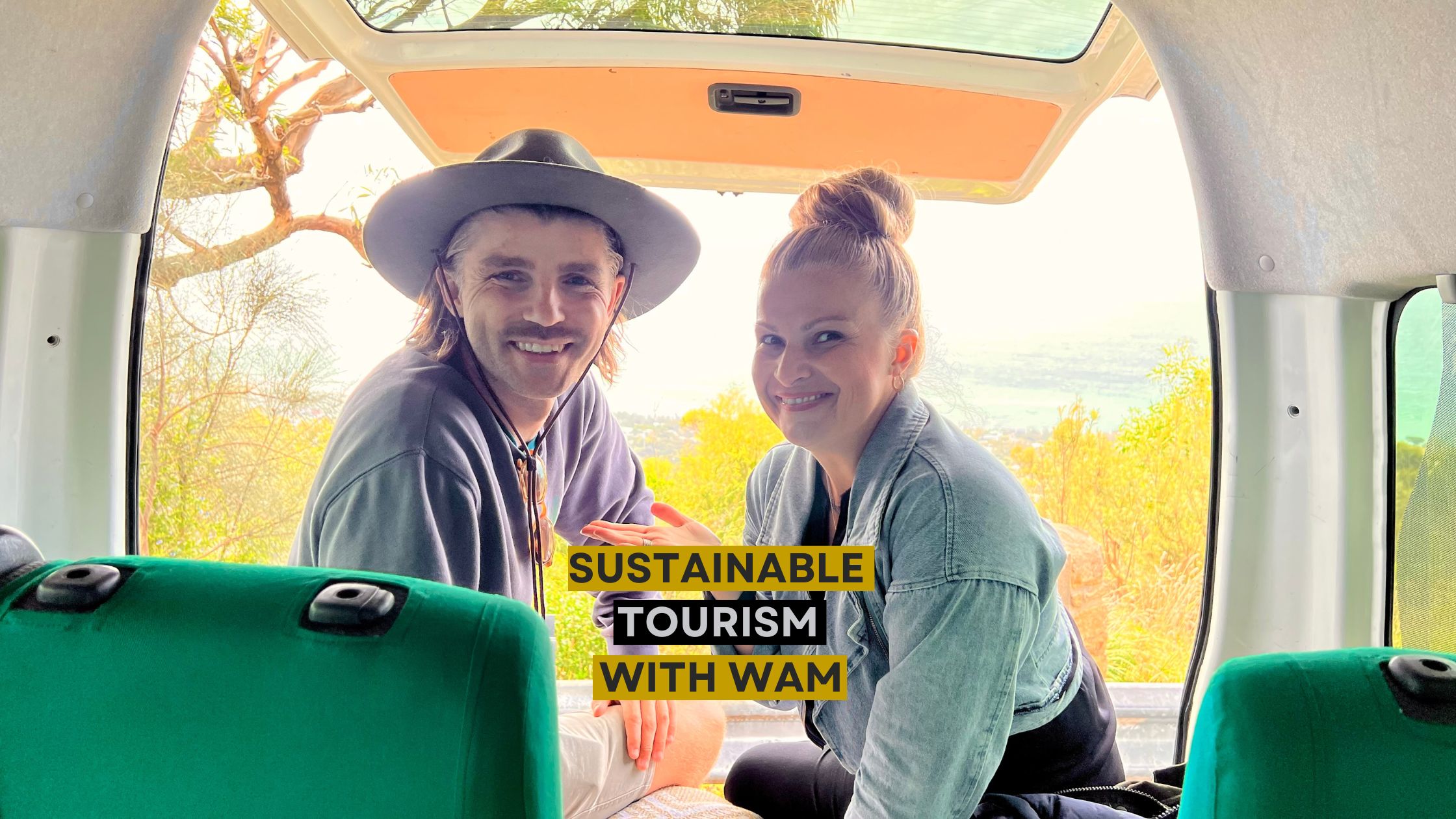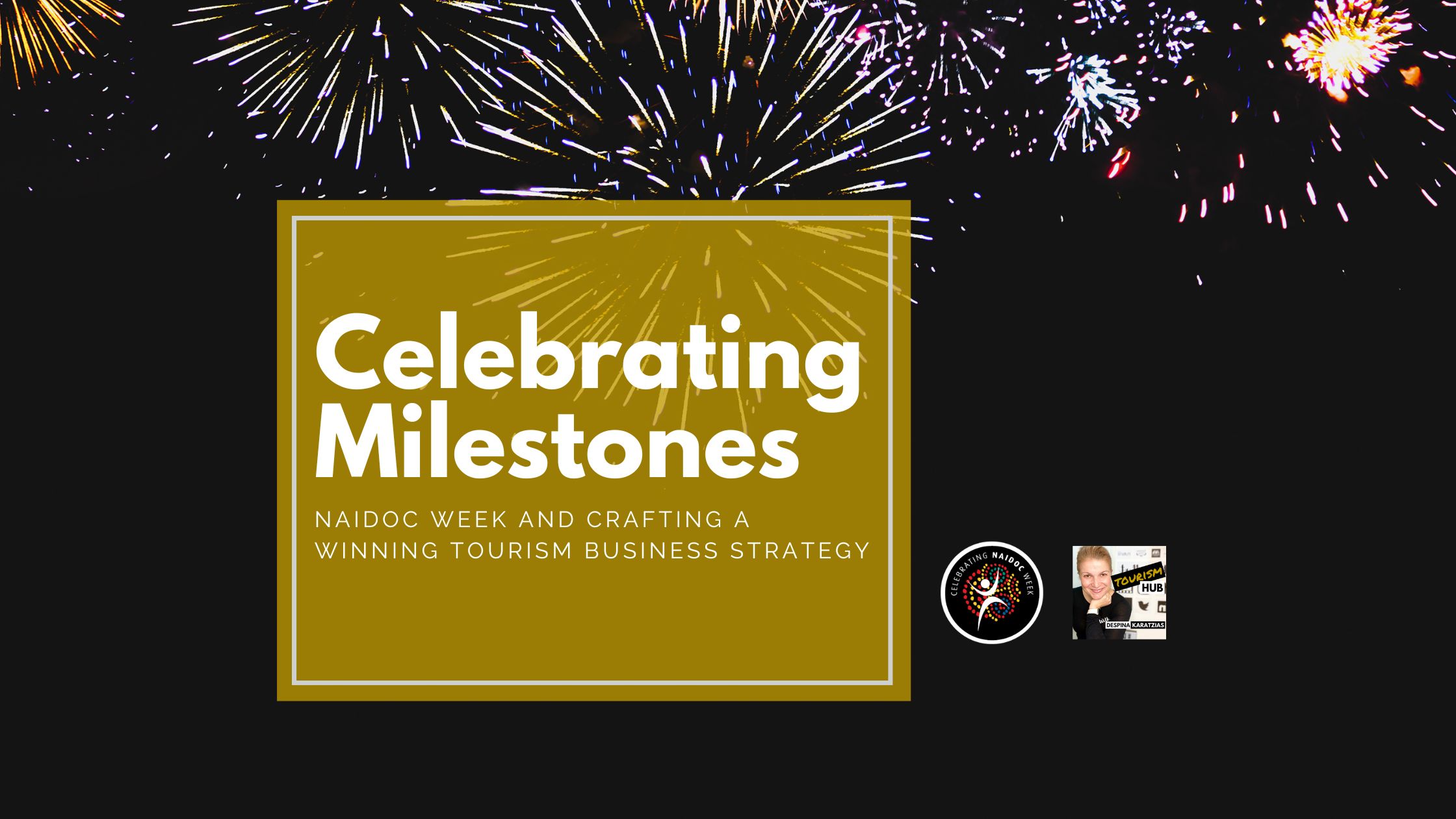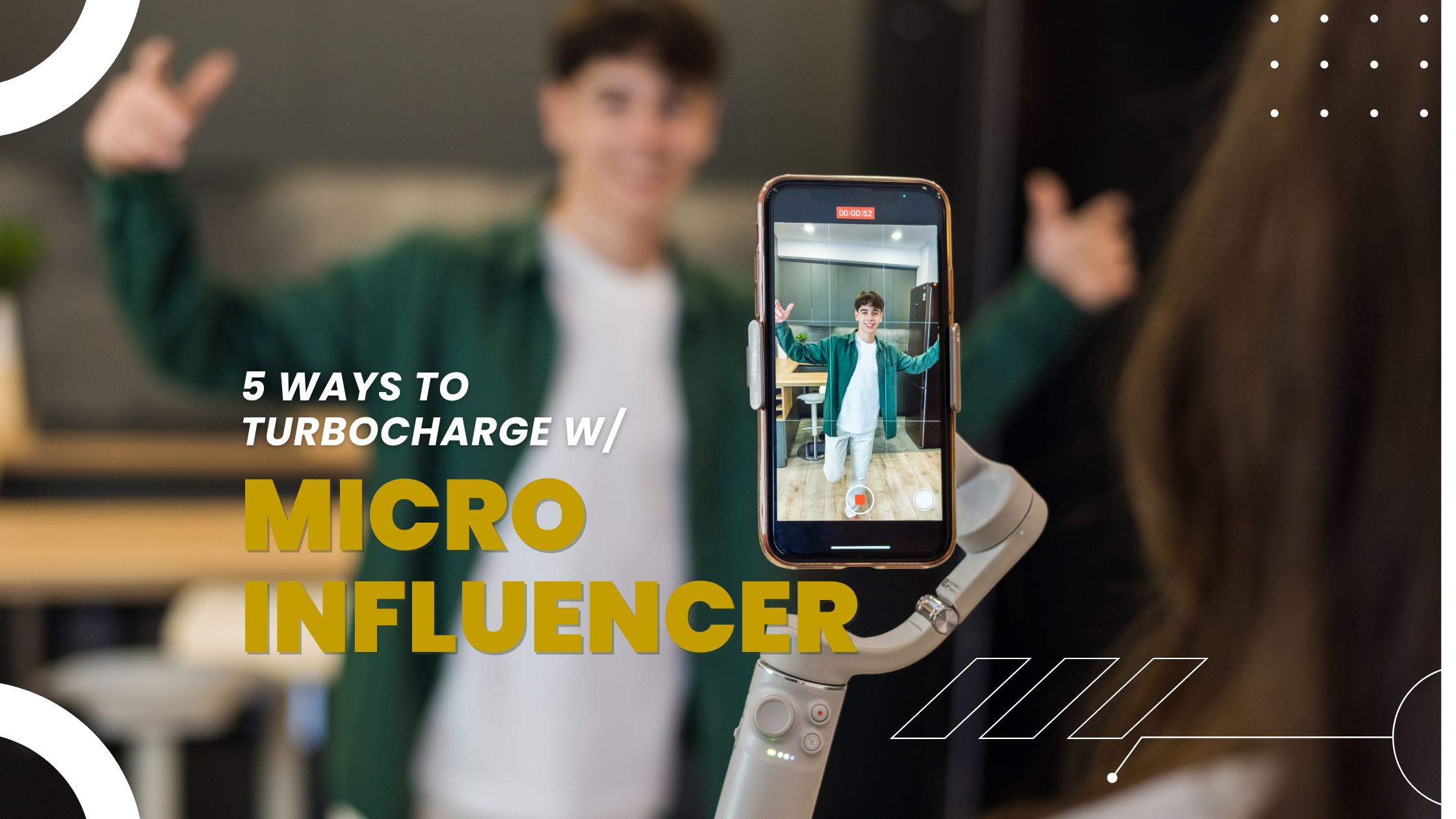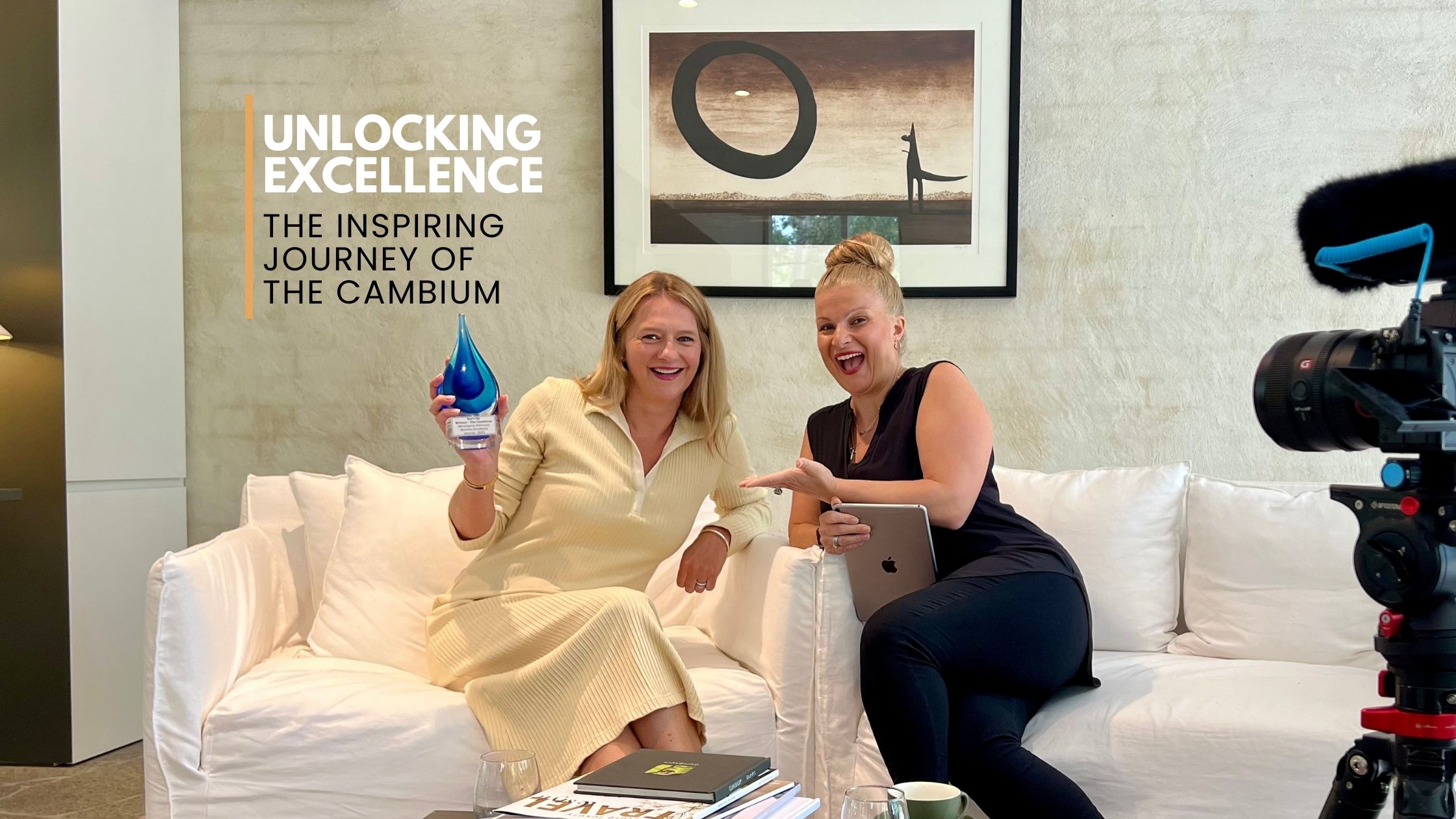Ways How to Become a Successful Business Leader
There is nothing quite like getting in the room with brilliant minds who have achieved great things in their businesses. The city of Melton in Melbourne’s west did a stellar job of bringing people together recently at their recent Venture Melton Business Summit. As the social media presenter for the event, I had the opportunity to interview a range of small businesses and Australian entrepreneurs to weigh in on how to overcome the most significant challenges standing between you and the next level.
Coming up with a rock star idea is tough enough, but entrepreneurs know it’s only the first of many problems. Ultimately, your ability to get people to listen and act on your solution can be the difference between success and spinning your wheels.
If you’ve made it this far, you already have the entrepreneurial spirit inside of you. Now, it’s time to channel your intrapreneur and build your talent and culture that will help you continue to innovate and stay relevant.
Entrepreneur vs Intrapreneur
There is a distinct difference between being an entrepreneur and intrapreneur. Hubspot describes it best as when they define an entrepreneur as someone that runs their own company. They have complete freedom and responsibility — for better or for worse.
An intrapreneur, on the other hand, is responsible for innovating within an existing organisation (usually a big one). While intrapreneurship is less risky, it also comes with less autonomy. The pay-off from a successful product or idea is also usually smaller.
To ignite your entrepreneurial (or intrapreneurial) excellence, start with the brainpower of these four entrepreneurs who once travelled your same path from startup to stardom:
Chris Helder, International Keynote Speaker and Best-Selling Author
Chris Helder is a well-travelled business communications genius and master storyteller who has penned three best-selling books, “Useful Belief,” “The Ultimate Book of Influence,” and “Cut the Noise.” His insights have transformed the way thousands of entrepreneurs interact with their clients, colleagues, and internal team members. Here’s what he shared during our recent interview:
Please share with us your fantastic take on positive thinking and what people can do that is far more effective when it comes to starting, building, and sustaining a successful business?
Positive thinking doesn’t really work, and that flies in the face of what most people think. Instead, I talk about useful belief. For me to be successful in my business, what’s a useful belief that I can use to frame up my business and life, and what are the useful actions it takes for me to grow that business?
You have delivered thousands of presentations and attended many business events and conferences. How important is it for business leaders to get into a room like this and join business networks like Venture Melton Business Network?
It’s so important because it allows everyone to have ideas, think about their businesses, and find ways to improve their own businesses. We’re inundated with so much noise from every different angle, and to come to something like this will help us define what matters, what counts, and what doesn’t. It helps us walk away with an action plan about what you’re going to do, and more importantly, what you’re not going to do anymore.
Lucky guests are receiving a copy of your book today, for those watching and missed out where they can go to get their hands on a copy?
You can go to my website, chrishelder.com, but you can go to Amazon, Audible, or wherever you like to listen
Steve Glaveski, Entrepreneur, Author, Podcast Host
CEO and Co-founder of Collective Campus, Steve Glaveski focuses on innovation as a success driver. His personal mission is to work with organisations and unlock their potential to create a positive impact on humanity and improve the quality of life for all. Glaveski recently spoke on how to make the jump from employee to entrepreneur — here are a few highlights from that event:
Apart from buying your book Employee to Entrepreneur, what is your advice to people with a burning idea and desire to leave their day job and unleash their entrepreneurial DNA?
Growing up, I was very much a creative kid, but essentially, I came to a point where I was miserably comfortable. And once you come to that realisation that you don’t want to do this for the rest of your life and you want to keep exploring, you can’t help but feel empowered to take that next step.
When working with companies to help them unlock their full potential, what are some key areas you look at first?
It’s important to identify a problem and open up an idea, and then identify those assumptions that underpin whether or not that idea will be successful. Find a low-fidelity way to test that, such as building a website, running some ads, and seeing what works and what doesn’t. And the faster you learn, the more momentum you build, the easier it is to keep going.
Dylan Alcott, Three-Time Paralympic Gold Medallist, Charity Founder, TV Personality, Game Changer
Not many athletes can claim to be both a teenager and Paralympic gold medallist, but Dylan Alcott isn’t your average athlete. Dylan has represented Australia in wheelchair basketball and wheelchair tennis since the age of 13 and has grown from world-class athlete to business advocate and entrepreneur to help companies better understand and treat people with disabilities.
Here’s his inspirational message:
You are an incredible ambassador for so many reasons and inspiration to people of all ages. What advise would you give to businesses when it comes to being accessible and giving all customers the full ability to enjoy their product, service or experience they offer?
Right now, about 4.6 million Australians are living with a disability or one in five people, and that’s a huge opportunity to cater your products and services to this audience. That’s 20% of the population that isn’t being tapped into to become employees of organisations, too. My best advice is to try to be as normal as possible when dealing with people with disabilities. Find out what they need, talk to them, and they’ll appreciate it and come back as customers.
You have had a very successful career in sports at the highest elite level. What was the catalyst to transition from sportsman to businessman?
You know, I’ve always worked really hard, but my experiences have also shown me that I don’t just want to play sports. I love the opportunity to work with businesses and government on helping them understand how to work with people with disabilities. And I even feel like I play better tennis when I’m also doing other things.
You also started your own foundation. Tell us a little more about how you are helping young Australians come to terms with their disability and realise their full potential. How can businesses and individuals help and get involved?
I want to show young people they can do anything they want to do. There are a lot of feel-good foundations out there that are doing a lot to make people feel better but aren’t doing anything to invest in young people to become doctors, lawyers, musicians, or whatever they want to be. There are barriers to entry when you have a disability, but we just try to eliminate them.
Naomi Simson, Founder of RedBalloon, Co-Founder of The Big Red Group, Author, LinkedIn Influencer, TV Personality
An entrepreneur that almost needs no introduction, Naomi Simson is the founder of online experience retailer RedBalloon and co-founder of Big Red Group. Her mission started as a way to change the way people experience and appreciate life, and her company now serves up an experience every minute and turns over more than $100M in annual revenue.
Here’s her top advice on how entrepreneurs can shift their own method of thinking:
Starting your own business, especially when you are working from home, can be quite lonely. How important was it for you when you began Red Balloon to surround yourself with like-minded people and be part of a local business network like the Venture Melton Business Network?
I’ve always had a big vision. To grow to what is now Big Red Group, I’ve acquired a number of experience brands, and it’s all about shifting to get there. As a marketplace, we serve two customers: the consumer who orders from us and supply partners who use our marketplace to reach consumers. For me, it’s about building trust for the brand, and the best way to do that is to go face to face, so that’s what I did. You cannot be what you cannot see. It takes all of us to show the diversity of the different businesses here.
What is a morning or daily ritual that you do to help set up your day for success?
Taking an hour for myself before the day begins is very important. I recognise that some days you win, some days you lose, and some days you go sideways. But since I started my business in 2001, I’ve just kept putting one foot in front of the other and acknowledge that progress will be a natural by-product.
What about you — are you spinning your wheels trying to write your success story? Let’s fix that!
Head to any of our online courses, digital resources, blog, and podcast for top training and education on living your entrepreneurial dream.
